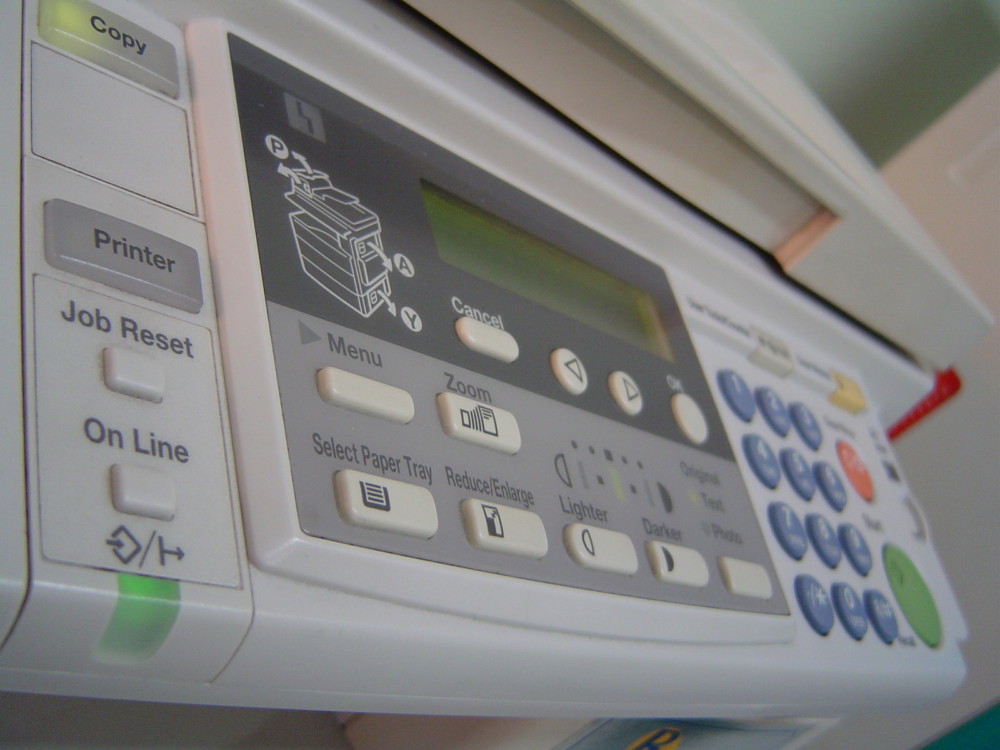As I discussed in a previous post, not all trademarks are created equal. While Apple for computers is very distinctive, there are some trademarks that are not distinctive enough to warrant any associated trademark rights. We call these generic trademarks. No one can protect or enforce trademark rights to a generic mark. In fact, a registration for a mark that becomes generic is subject to cancellation, regardless of how long the mark has been registered. This post will discuss what a generic trademark is, explain why it cannot be protected, give examples of some prominent marks that became generic, and give some tips on what you can do to prevent genericism (sometimes referred to as “genericide”).
What Is a Generic Trademark?
A generic trademark is simply a name that is also the common name for the products/services that it refers to. So in basic terms, it’s the name of the thing you are describing. Let’s say that I wanted to sell a device that helps to cut grass, and call it the LAWNMOWER. That would be a generic trademark. Or what if I wanted to sell a six-stringed wooden instrument under the name GUITAR? Again, that is already a word for what I am attempting to sell. By now you’re probably already beginning to understand why generic trademarks do not receive any protection.
Why Not Allow Protection for Generic Marks?
If trademark protection was extended to generic trademarks, it would be impossible to avoid infringement. It would be a major restriction on the English language. For example, if I wanted to sell hamburgers, but someone already had trademark rights to HAMBURGER, then how could I describe them? It would be very difficult. And even if an alternative word started being used, someone else could acquire rights to that word, as well. This is why a generic trademark is not given any kind of protection. It also explains why we don’t allow protection for descriptive marks until they acquire distinctiveness.
Marks That Become Generic
There are many famous trademarks that have become generic. Their registrations have been cancelled in several cases. Others have been able to maintain their registrations because they have not been formally challenged. Here is a list of some generic trademark names that you may be familiar with:
- BAND-AID for adhesive bandages;
- FRISBEE for flying disc toys;
- THERMOS for insulated vacuum flasks;
- KLEENEX for tissue paper;
- ASPIRIN for pain-relief medication;
- TRAMPOLINE for recreational devices used for jumping;
- POST-IT NOTE for adhesive papers; and
- XEROX for copying
These brands became generic because of their success. However, there are ways that you can help distinguish your brand to stop it from becoming the next FRISBEE.
Preventing Genericism
One important action that you can take is to make sure that others are not infringing your mark. More people using your mark means that it becomes diluted, and that over time it may just become synonymous with the goods/services that you are using it with. You can help to stop others from using your mark by using it with the proper symbol. You can also use it with the generic term for your goods/services to set it apart. For example, using KLEENEX Tissue Paper, instead of just KLEENEX.
You also want to avoid using your mark as a verb. XEROX had this problem, as people began using the word to mean “to copy.” XEROX actually tried to correct this with an ad campaign that said “You can’t Xerox a Xerox on a Xerox. But we don’t mind at all if you copy a copy on a Xerox® copier.” Johnson & Johnson also tried to fight genericism with the little jingle “I am stuck on Band-Aids brand cause Band-Aid’s stuck on me.” While these campaigns may have had some effect on the public in terms of setting their trademarks apart again, it’s best to avoid that position in the first place.
Are You Worried That You May Have a Generic Trademark?
Whether you are starting a new business or already have one, it is important that you choose a distinctive trademark. You need to be sure that you have a mark that you can protect, and that will set you apart from your competitors. If you need help deciding whether your mark can be protected, please feel free to call me at (480) 360-3499, email me at kevin@yourtrademarkattorney.com, or complete the contact form found on this page to schedule your free initial consultation today. I look forward to speaking with you.


